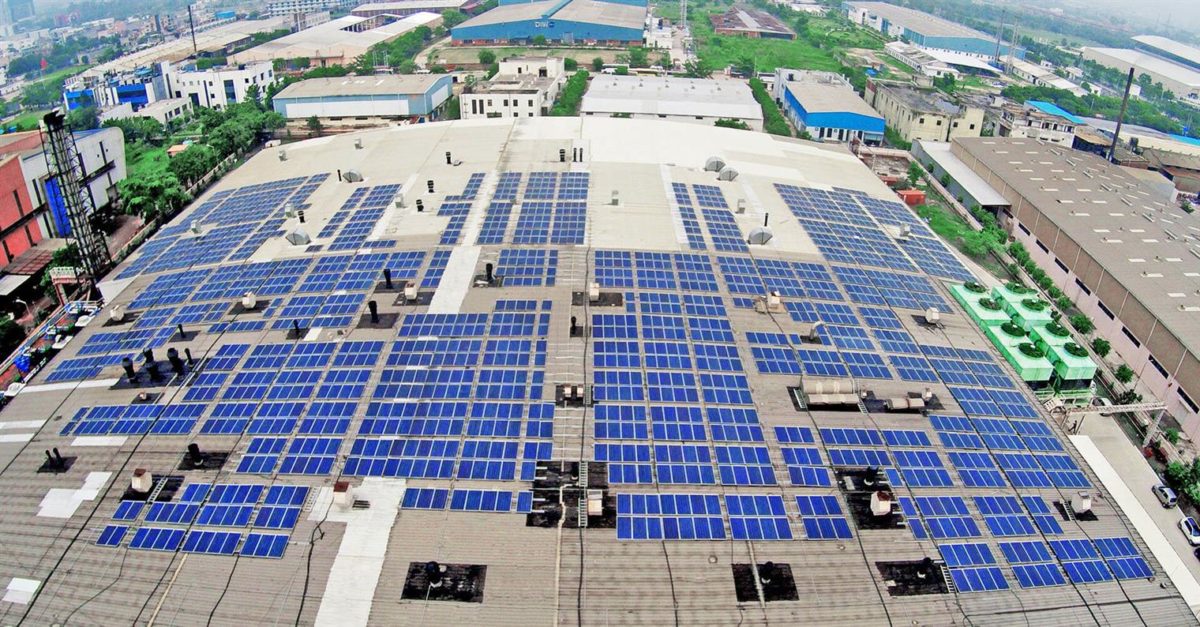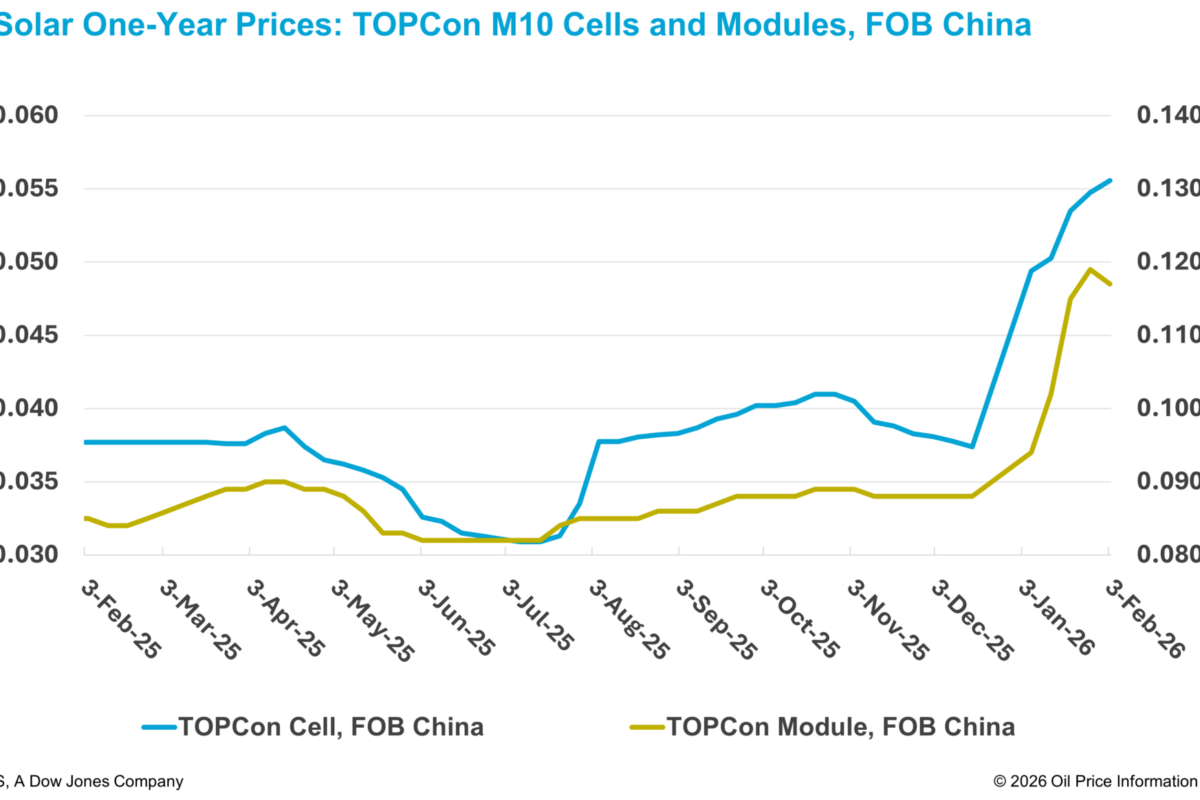This month’s decision by the Uttar Pradesh electricity authority to exclude commercial, industrial and public buildings from access to net metering will hinder the state’s ability to reach its 2022 solar target, according to an Indian solar industry lobby group.
The National Solar Energy Federation Of India (NSEFI) has written to the Uttar Pradesh Electricity Regulatory Commission (UPERC) about the decision, which it says also penalizes schools and government buildings, which have already embarked upon installing solar systems in the belief they would benefit from net metering payments.
The remuneration schemes available in the state for the two types of small-scale solar generation differ markedly. Net metering in Uttar Pradesh offers generators Rs2/kWh for any power fed into the grid after self-consumption. Gross metering, however, which stipulates all the energy generated by solar systems has to be fed into the grid, secures a much lower return, based on the weighted average of tariffs negotiated in the state for PV projects with a capacity of more than 5 MW in the previous 12 months. In a nation that has made global headlines for miserly tariffs, the difference from net metering is stark.
Net metering for all
NSEFI has asked Uttar Pradesh New & Renewable Development Agency (UPNEDA) to extend the net metering regime to all solar projects recently allocated by the agency in its 500 MW procurement round in October. After UPNEDA held the oversubscribed tender, UPERC then announced in its Rooftop Solar PV Regulations 2019 document, on January 4, that only agricultural and residential systems would come under the net metering regime, leaving commercial and industrial buildings out in the cold, as well as public buildings.
Lobby group NSEFI says the net metering tariff should also be permitted to private rooftop solar installations approved in the state before the January announcement.
“Over the past year many educational institutions and government organisations had taken up installation of rooftop solar power plants on their buildings under letters of intent issued by UPNEDA to solar companies,” said NSEFI in its letter to the state body. “In the agreements signed by UPNEDA with the solar power developers during the last quarter of 2018 … it was specifically mentioned that all these rooftop solar power plants shall be connected to the DISCOM [distribution company] distribution system through net meters so that the surplus electricity generated from these plants during holidays or during the time when [the] internal load of a consumer is less, is fed to the grid so that electricity generated from these plants does not go [to] waste. Such excess electricity fed to [the] DISCOM distribution system (grid) gets adjusted in consumers’ electricity bills of subsequent months.
Problems for consumers
“Suddenly, there is a UPERC Notification on Roof Top Solar PV Grid Interactive Systems Gross/Net Metering Regulations, 2019 – dated January 4, 2019 – vide which it has discontinued the net metering facility to all electricity consumers including such educational institutions who were in the process of installing rooftop solar power plants for their captive use … as per the announced policy of the government.
“Further, there are many other transactions wherein solar rooftop installations are in advanced stages and application for net metering has been made to the relevant DlSCOMs before the new regulations have been issued by UPERC.
“Pursuant to issuance of new regulations, no DISCOM is allowing [or] approving net metering for the consumers, for which investments have already been made. This has not only created serious problems to all those consumers whose solar plants are under installation, but such a decision shall also have an adverse impact on [the] UP government’s target to add 4,300 MW of power from solar by 2022.”
This content is protected by copyright and may not be reused. If you want to cooperate with us and would like to reuse some of our content, please contact: editors@pv-magazine.com.









We support NSEFI stand and request UP Govt to intervene in matter and allow net metering to all sectors Viz- Residential, Commercial, Industries, Agriculture etc. Now people are getting aware and this is the right time to support enabling Uttar Pradesh to achieve desired target by 2022.
Solar has given India a global visibility, which is more important than other problems like Technical or Management which is discussed while talking about Duck Curve. Such issues can really be addressed and solved. Contribution to Renewable Energy and Cost saving is everybody’s right.